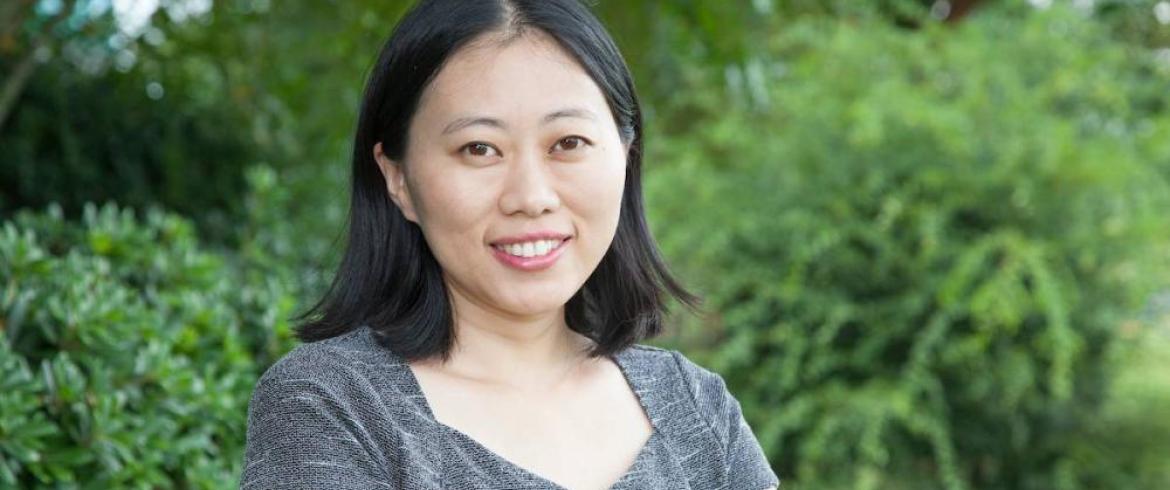
Lichun Li, Ph.D. of the FAMU-FSU College of Engineering, Department of Industrial & Manufacturing Engineering. (M Wallheiser/FAMU-FSU Engineering)
Lichun Li, an assistant professor of industrial and manufacturing engineering at the FAMU-FSU College of Engineering, is the principle investigator for a new grant funded by the National Science Foundation (NSF) to investigate the modeling method of dynamic systems based on partial system information and limited number of experiments. This research will advance our understanding about the short term dependency of the in-situ data in dynamic systems and accelerate the modeling process based on a small number of experiments.
Modeling technique is a very useful tool to accelerate the research and development process, especially those that are costly and/or time consuming. The problem of the current modeling method is that it either requires comprehensive understanding—which is difficult for complex systems—or extensive experiment experience, which is impractical due to the expense and time.
To address this problem, Li’s group will study the short-term dependency of the in-situ data from experiments based on a data-based observability analysis. By short term dependency, we mean the next-stage state only depends on the data in the most recent stages. If the short term dependency of the in-situ data can be verified, every experiment can provide hundreds or even thousands of data. Abundant data can be collected within a small number of experiments. Machine learning and artificial intelligence can be used to model the system. Therefore, a small number of experiments does not always mean a small number of data.
Once developed, Li will cooperate with the teams led by fellow faculty members Tarik Dickens and Richard Liang, applying this technique to model the fiber orientation in field assisted additive manufacturing and real-time quality during the continuous manufacturing process of carbon nanotube buckypaper.
This project will provide minority graduate and undergraduate students the opportunity to gain research experience in data science and artificial intelligence. The grant was funded at $331,964 for three years to Florida A&M University.
